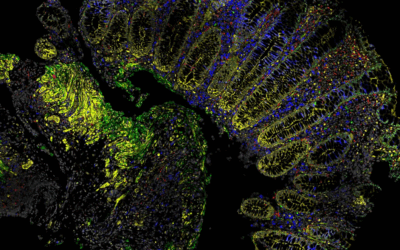University of Pittsburgh
Computational and
Systems Biology
Solving Critical Biological Problems
Are you ready to tackle complex problems at the intersection of biology and modern technology?
In today’s rapidly evolving landscape, traditional methods alone aren’t enough to address increasingly complex biological problems. The Department of Computational and Systems Biology (CSB) is combining computational and systems-level analyses to address previously unsolvable challenges.
Our vibrant research community collaborates seamlessly with other leading programs at the University of Pittsburgh and around the globe. The result? A dynamic environment where ideas flourish and breakthroughs happen. Join us and become part of a legacy of innovation.
Code The Cure,
Build The Future
Computational Biomedicine
& Biotechnology M.S. Program
June 1, 2025 Application Deadline
Fall 2025 Start

Latest News
Exploring the world of bioimaging analysis: A new graduate-level course offering
Assistant Professor Shikhar Uttam has launched a new graduate-level course: Bioimaging, Analysis and Spatial Biology.
Keisuke Ishihara receives American Heart Association research funding
Assistant Professor Keisuke Ishihara has received the American Heart Association Career Development Award, a three-year grant that began in April 2025.
How a master’s degree can launch your software engineering career
Have you ever wondered where a master’s degree in Computational Biomedicine and Biotechnology will take you? Read more about becoming a software engineer.




